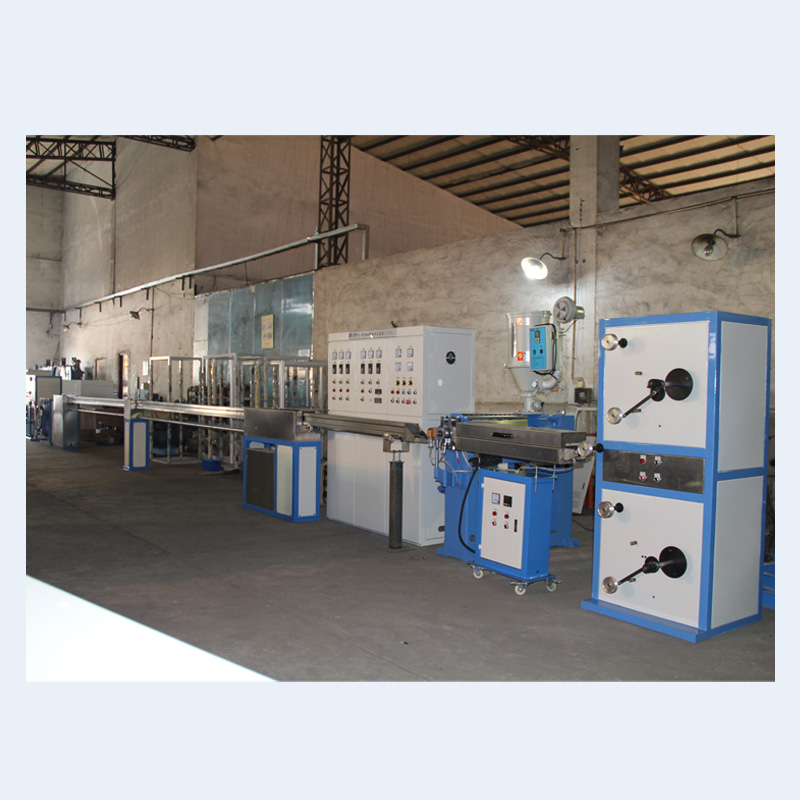Introduction: The Incredible World of Single-Screw Extruders

Single-screw extruders have revolutionized the field of polymer processing and have become an indispensable piece of equipment in various industries. This article delves into the working principle and scope of application of single-screw extruders, shedding light on their immense potential.
Working Principle: The Inner Workings Unveiled
Single-screw extruders operate on a simple yet effective principle. The key components include a barrel, a screw, and a motor. The barrel houses the screw and is equipped with heating and cooling systems. The screw, typically a helical structure, rotates within the barrel, propelled by the motor. As the plastic material enters the extruder, it is conveyed along the screw shaft and undergoes various stages of melting, mixing, and homogenization. Finally, the molten plastic is extruded through a die at the end of the machine.
The advancement in screw design has significantly influenced the performance of single-screw extruders. Increasing the length of the screw enhances the residence time and offers more opportunities for heat transfer and mixing. Additionally, modifying the screw's geometry can optimize different processes, such as compounding, foaming, and recycling.
Scope of Application: Versatility Unleashed
The scope of application for single-screw extruders is expansive, touching numerous industries:
1. Plastics Industry: Single-screw extruders find extensive use in the plastics industry for the production of various products, including sheets, films, pipes, and profiles. By adjusting screw design and barrel temperature, extruders can accommodate different polymers, making them incredibly versatile.
2. Food and Beverage industry: Single-screw extruders play a vital role in food processing, particularly in the production of snacks, breakfast cereals, and pasta. With the ability to handle ingredients with precision, extruders enable manufacturers to create innovative and customized food products.
3. Pharmaceutical Industry: Single-screw extruders have emerged as a valuable tool in pharmaceutical manufacturing. They facilitate the continuous production of medicines, including tablets, pellets, and capsules, ensuring consistent quality and reduced production time.
4. Chemical Industry: From compounding to reactive extrusion processes, single-screw extruders contribute to the chemical industry's production processes. They enable controlled mixing of multiple components, offering enhanced productivity and product consistency.
Conclusion: Unlocking the Potential
As the research on the working principle and scope of application of single-screw extruders progresses, we unlock immense potential for various industries. The versatility and efficiency of these extruders continue to drive innovation and improve processes. With continued advancements in technology and design, single-screw extruders are set to play an even more significant role in shaping our manufacturing landscape.

